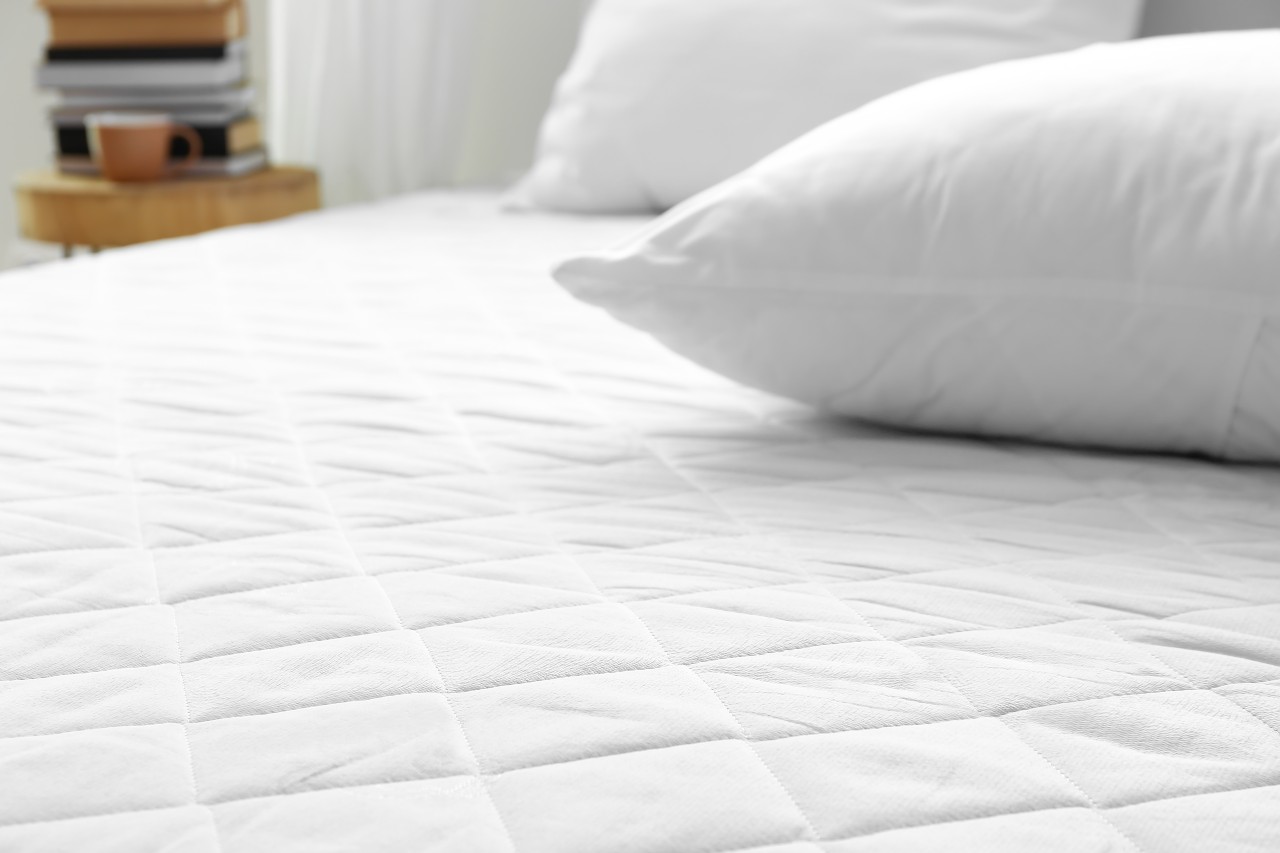Please search
Sleep disorders: how to fix them?

All useful tips and advice to fix sleep disorders
Sleep is an essential factor for the psychophysical well-being of the body. However, for many people sleeping well can be a problem. Sleep disorders such as insomnia, sleep apnea and circadian rhythm disturbances can make rest more difficult and adversely affect health and quality of life. Lack of sleep can in fact weaken the body, causing chronic fatigue, a decrease in concentration and an increase in irritability, thus making it difficult to carry out normal daily activities.
If you also suffer from insomnia or would like to improve the quality of your rest, here are some useful tips to fight sleep disorders in a natural and healthy way.
What are sleep disorders?
Sleep disorders are problems that interfere with the amount or quality of a person’s sleep. These problems can occur both during sleep and during the transition from the waking state to the sleeping state. Disorders can be temporary or chronic, and can be caused by a variety of factors.
There are several types of sleep disorders, which include:
- insomnia, the most common sleep disorder that occurs when a person has difficulty falling asleep or sleeping continuously at night;
- obstructive sleep apnea, a disorder that occurs when a person’s breathing stops repeatedly during sleep due to a blockage in the airways. These apneas cause continuous awakenings and are often associated with a reduction in the concentration of oxygen in the blood;
- narcolepsy, a disorder that causes daytime drowsiness and sudden sleep attacks;
- parasomnia, that is, unwanted behaviors during sleep, such as sleepwalking and bruxism (the involuntary act of clenching teeth and grinding them at night).
What causes sleep disorders?
There are many factors that can affect the quality of rest and cause sleep disorders. Among the most common causes of these disorders there is stress: when you are stressed, in fact, the body releases hormones such as adrenaline and cortisol that keep you alert and make it difficult to fall asleep. In addition, stress can cause a number of health problems, such as anxiety and depression, which can affect the quality of sleep.

The most frequent causes of sleep disorders can also be:
- bad habits, which can affect the quality of sleep and cause disturbances. For example, going to bed late and getting little sleep, or sleeping too long. In addition, excessive use of electronic devices such as computers, mobile phones and televisions before bedtime can interfere with the quality of sleep;
- health conditions, which may cause or promote sleep disturbances. For example, sleep apnea, a condition in which breathing is interrupted during rest, can cause frequent awakenings at night. Other pathologies or health conditions, such as chronic pain, arthritis and restless leg syndrome, can also interfere with the quality of sleep and make it more difficult to fall asleep;
- use of medicines that can interfere with the quality of sleep. For example, medicines for hypertension, diuretics and steroids can cause sleep problems;
- lifestyle and nutrition, for example, taking caffeine or alcohol before bedtime can promote insomnia. In addition, unhealthy diet and lack of exercise can affect the quality of sleep and well-being of the body.
How to cure sleep disorders
The first step to curing sleep disorders and alleviating related problems is to identify the underlying cause (or causes) of the disturbances and see if and how they can be removed. There are a few tips and little tricks that can help you help you rest and ensure quality sleep, such as creating a routine, trying to go to bed and wake up at the same time every day, even on weekends. This will allow your body to adjust the circadian rhythm and your sleep cycle.
Another useful measure is to reduce caffeine consumption. Caffeine is a powerful stimulant that can interfere with sleep. Reduce your intake of beverages like coffee, tea, and soda and try to avoid caffeine at least 6 hours before bed. As we have seen, even stress can adversely affect the quality of sleep. To try to reduce it, especially if your life rhythms are particularly stressful, you can try meditation, yoga or regular exercise. Find activities that will help you relax and reduce muscle tension. Try to exercise moderately at least three times a week, but avoid exercise just before bed because it can be stimulating for your body.
To promote rest, try to create an environment that is as comfortable and relaxing as possible. Keep your bedroom cool, dark and quiet, and use a comfortable mattress and pillow to ensure good spine support. Try to choose a mattress model that suits your needs for rest, that is neither too rigid nor too soft and that ensures a comfortable rest in any season of the year. Depending on your preferences you can opt for a memory foam mattress, designed to adapt perfectly to the shape of the body and ensure a perfect alignment of the spine, or a polyurethane mattress, also ideal for those with postural problems or suffering from back pain. If you have allergies or breathing problems, choose a mattress, pillow and sleeping accessories made from certified, hypoallergenic materials, such as those proposed by Mollyflex.

Also try to avoid using electronic devices before going to bed: the blue light emitted by smartphones, tablets and computers can interfere with sleep, causing insomnia or other disturbances. Try to limit the use of these devices at least an hour before going to bed.
A last but not least suggestion is to follow a healthy and balanced diet, because this can positively affect the quality of rest. Avoid eating heavy, sugary, or spicy foods before going to bed, as well as alcohol, as this may cause insomnia and worsen your sleep.
If you need more tips to improve the quality of your rest or want more information about mattresses and rest products offered by Mollyflex, contact us!
